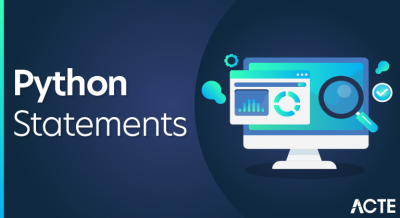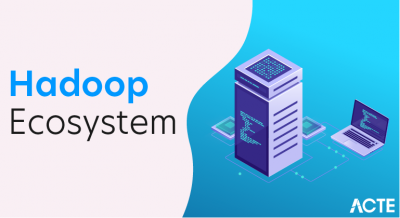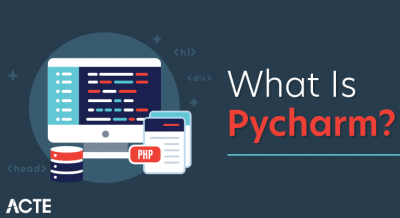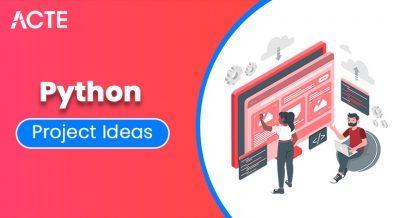
SET GOALS AND MAKE PLANS

Setting a goal and making plans before starting a new journey is important. “I will become a Software Engineer!” is a good one. But what kind of Software Engineer would you want to be? A Software Engineer who wants to work with a big or a start-up company? Do you want to be a freelance software engineer or do you want to create your own team? You need to have a specific and clear vision of your goal.
Once the goal and your vision is crystal to you, creating a plan for that goal should be the next step. Setting a goal without an appropriate and proper plan is useless, no matter how clear the goal is. And of course, you have to stick with that goal, follow the plan and be committed to it.
CHOOSE WHAT PROGRAMMING LANGUAGE TO LEARN
- Computers won’t adjust to us, so we have to adjust to them. And in order to make a computer do what you want them to do, you have to “tell” them what to do by using the language they understand; computer or programming language.
- A programming language is a language used to create a program that “tells” computers algorithms or a set of instructions for them to implement certain tasks.
- There are quite a number of languages in computer programming. Wikipedia says there are about 700 programming languages in existence.
- But here are some of the most in-demand programming languages of 2019.
- Java
- Python
- Javascript
- C++
- C#
- PHP
- To know about the top programming languages, read “The 7 Most In-Demand Programming Languages of 2019.”
- Having a specific computer language to learn should be part of the plan to reach your goal. After choosing a language—or languages, if you want to learn more than one—you go to the next step, and that is learning to code.
LEARN TO CODE
Self-study
Anyone can learn to code. And there are three ways to learn how to program. The first option is self-studying or self-learning. The internet is just one of the tools to learn to code. With just a few clicks or taps, you can access the data you need. The internet can provide materials you can use to start studying on your own. For instance, coding tutorial ebooks or pdf files are accessible online, as well as video coding tutorials available on Youtube.
One of the advantages of self-study is you can learn how to code at your own pace. However, it might affect the speed of your learning. Whether you learn sooner or later, it depends on how much time you dedicate on studying.
Taking A Computer Science Course
The second option is taking a Computer Science course and getting a degree. Generally, an associate degree program only takes two years, and the bachelor’s degree takes four years. After those years, you will be a Computer Scientist or Engineer with a deep understanding of how a computer works. Many companies require and look for developers with CS degrees, but some companies prefer developers who graduated from coding bootcamps. Which leads us to the third option of learning to code.
Enrolling On A Coding Bootcamp
A coding bootcamp is an intensive program to learn computer programming in a fixed period of time. The program typically ranges between 8 to 36 week, but most bootcamps last for just about 10-12.9 weeks. In Coding Dojo, we offer both online and onsite course. We have a curriculum that helps potential and aspiring Software Engineers become not just one but three full-stacks engineers in just 14 weeks! The time for learning to code is shorter than taking a Computer Science course, but as already mentioned, many companies also prefer and hire coding bootcamp graduates.
Read “Self-taught Courses vs. Coding Bootcamps,” and “How do Bootcamp Grads Stack up Against Computer Science Grads?” to know more about the advantages and disadvantages of each. And also the “Benefits of Learning 3 Full-stacks Instead of Just One” will be a helpful read.
BE WITH PEOPLE WHO HAS THE SAME GOALS AS YOU
- Being a part of the growing web development community, where people are like-minded and eager to learn new things is one of the advantages of learning to code in a coding school or a bootcamp. You help each other to reach your goals; that is to learn to code and become Software Engineers. You will learn and sharpen problem-solving skills with them and learn from them, as well.
- In addition, it also gives you an opportunity to build strong connections and get tremendous inspiration from instructors, who are professional developers, and even your fellow aspiring developers. This journey isn’t easy. You need people who will remind you and even inspire you to keep going until you reach your goal with them. And besides being with instructors and fellow student, one of the ways to help you in this journey is also having your own and personal mentor.
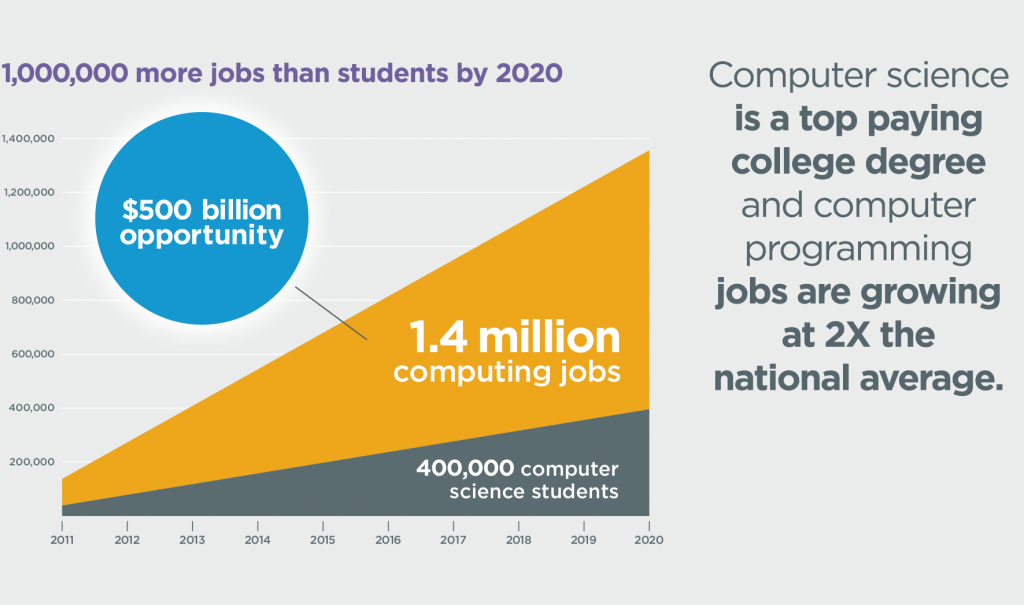
STEPS TO BECOMING A SOFTWARE ENGINEER

Software engineering is an ever-changing profession, one that adapts as new technologies are developed. Because of its shifting nature, there are multiple entry points into the profession. Although no single path to becoming a software engineer exists, the steps below outline the general path to employment.
- Get an Education. Completing a formal education is the first step toward becoming a software engineer. …
- Do an Internship. …
- Pursue a Specialization. …
- Pursue Entry-Level Career Opportunities. …
- Get Certified. …
- Attend Conferences. …
- Earn a Graduate Degree.
1 GET AN EDUCATION
Completing a formal education is the first step toward becoming a software engineer. Prospective students can select from both traditional and nontraditional training programs to gain the education necessary to pursue entry-level positions. Some options include:
- DEGREE (TWO YEARS).ASSOCIATE Although employers typically prefer candidates with a four-year degree, an associate degree can open the door to entry-level jobs in the field. Students may choose to pursue majors in several related areas, such as software engineering technology or software systems engineering. Curriculum focuses on the core principles of software engineering, programming languages, and modern approaches to software development.
- BACHELOR’S DEGREE (FOUR YEARS).A bachelor’s degree in computer science, or a related field, is the traditional minimum degree preferred by employers. Bachelor’s degree programs expose students to a broader curriculum, one that provides a foundation in mathematics and computer science. Students develop a comprehensive understanding of programming, software architecture, and software testing. They may also take specialized courses in application areas, such as networking or embedded systems.
- CODING BOOTCAMP (8 TO 12 WEEKS).Coding bootcamps are a relatively new educational path for aspiring software engineers or developers. These programs typically last between eight and 12 weeks and place students into a hands-on, immersive learning environment. Upon graduation, students should be ready for entry-level careers as software engineers or developers.
2 DO AN INTERNSHIP
Completing an internship provides students with real world experience. Technology companies may offer internships for students with a bachelor’s or master’s degree who are seeking to expand their skills in specific areas, such as Java, XML or SQL. Internships typically last between three and six months and allow students to work on specific projects or products related to their skills.
3 PURSUE A SPECIALIZATION
Generally speaking, there are two specializations within software engineering: applications and software/systems development. However, distinct areas of practice exist within each of these areas. Software engineers may choose to become experts in a single programming language or type of development. Below is a list of example specialty areas to consider:
- Web development
- DevOps
- Mobile development
- Technical stack (e.g., Python, Ruby)
4 PURSUE ENTRY-LEVEL CAREER OPPORTUNITIES
After earning a computer science or related degree or completing a bootcamp program, the next step is to seek out entry-level employment. Because of the demand, software engineering has been rated one of the best entry-level careers available, according to Forbes. Although the dream job may be at Google, prospective software engineers can start with a small, local job hunt because, in the profession, experience is a critical commodity for career advancement.
5 GET CERTIFIED
Although some certifications have lost their luster, they remain an integral part of the tech industry. Software engineering is precise and technical, and gaining certification verifies an applicant’s knowledge and abilities. Along with experience, certification can improve a person’s marketability in an increasingly competitive marketplace. Certifications are available from technology vendors (e.g., Microsoft, Cisco and Oracle) as well as professional organizations (e.g., IEEE) and are tailored to specific areas of practice.
6 ATTEND CONFERENCES
Innovation drives change. That means software engineers need to stay abreast of the latest developments in both the general profession and their specialty. Attending conferences is a great way to network with other engineers and learn about new products, business practices, and technologies. Popular conferences for software engineers include the International Conference on Software Engineering and the International Conference on Automated Software Engineering.
7 EARN A GRADUATE DEGREE
A graduate degree offers the opportunity to qualify for management and leadership positions in the industry. In addition, there is more to engineering than just programming. Software engineering calls upon interdisciplinary skills such as critical thinking, cost analysis and project management — skills that can be enhanced in a master’s program in computer science, computer engineering, information science or software engineering.


